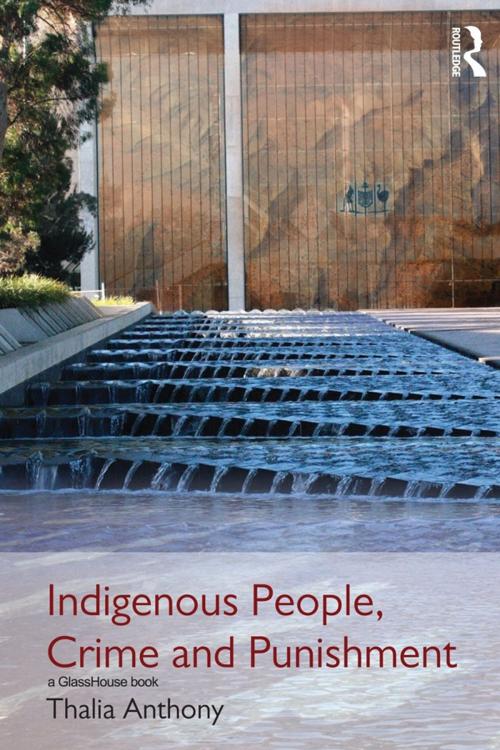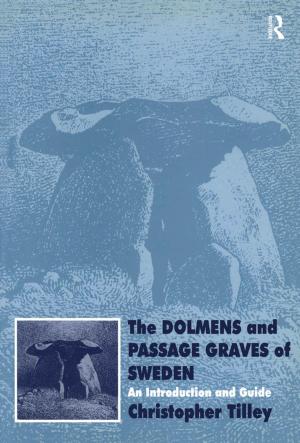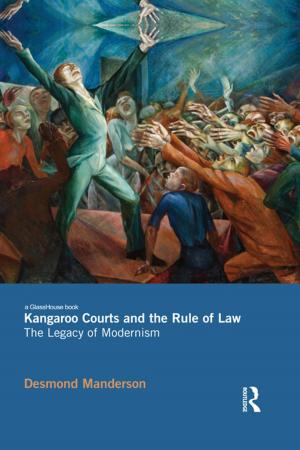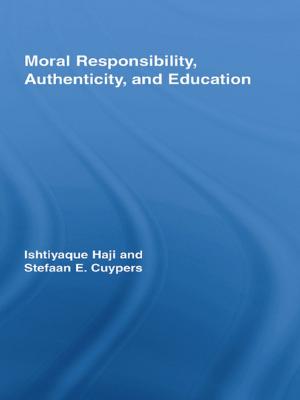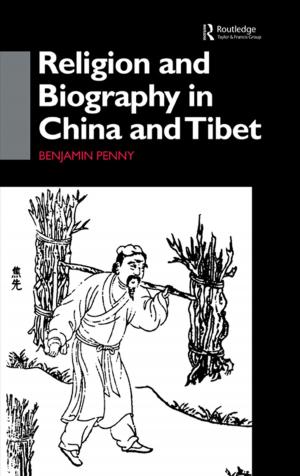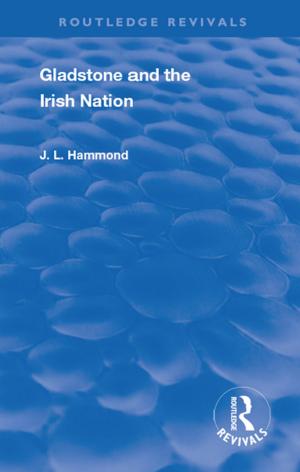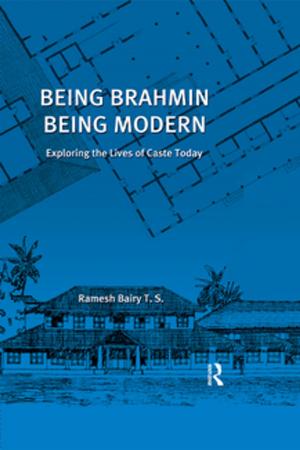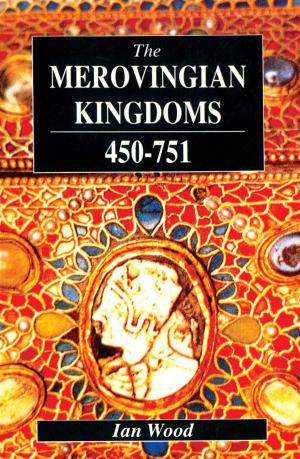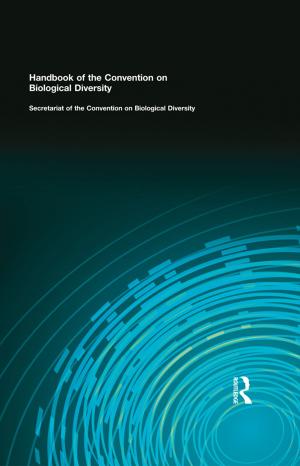Indigenous People, Crime and Punishment
Nonfiction, Reference & Language, Law, Criminal law, Social & Cultural Studies, Social Science, Crimes & Criminals, Criminology| Author: | Thalia Anthony | ISBN: | 9781134620555 |
| Publisher: | Taylor and Francis | Publication: | July 24, 2013 |
| Imprint: | Routledge | Language: | English |
| Author: | Thalia Anthony |
| ISBN: | 9781134620555 |
| Publisher: | Taylor and Francis |
| Publication: | July 24, 2013 |
| Imprint: | Routledge |
| Language: | English |
Indigenous People, Crime and Punishment examines criminal sentencing courts’ changing characterisations of Indigenous peoples’ identity, culture and postcolonial status. Focusing largely on Australian Indigenous peoples, but drawing also on the Canadian experiences, Thalia Anthony critically analyses how the judiciary have interpreted Indigenous difference. Through an analysis of Indigenous sentencing remarks over a fifty year period in a number of jurisdictions, the book demonstrates how judicial discretion is moulded to dominant white assumptions about Indigeneity. More specifically, Indigenous People, Crime and Punishment shows how the increasing demonisation of Indigenous criminality and culture in sentencing has turned earlier ‘gains’ in the legal recognition of Indigenous peoples on their head. The recognition of Indigenous difference is thereby revealed as a pliable concept that is just as likely to remove concessions as it is to grant them. Indigenous People, Crime and Punishment suggests that Indigenous justice requires a two-way recognition process where Indigenous people and legal systems are afforded greater control in sentencing, dispute resolution and Indigenous healing.
Indigenous People, Crime and Punishment examines criminal sentencing courts’ changing characterisations of Indigenous peoples’ identity, culture and postcolonial status. Focusing largely on Australian Indigenous peoples, but drawing also on the Canadian experiences, Thalia Anthony critically analyses how the judiciary have interpreted Indigenous difference. Through an analysis of Indigenous sentencing remarks over a fifty year period in a number of jurisdictions, the book demonstrates how judicial discretion is moulded to dominant white assumptions about Indigeneity. More specifically, Indigenous People, Crime and Punishment shows how the increasing demonisation of Indigenous criminality and culture in sentencing has turned earlier ‘gains’ in the legal recognition of Indigenous peoples on their head. The recognition of Indigenous difference is thereby revealed as a pliable concept that is just as likely to remove concessions as it is to grant them. Indigenous People, Crime and Punishment suggests that Indigenous justice requires a two-way recognition process where Indigenous people and legal systems are afforded greater control in sentencing, dispute resolution and Indigenous healing.
